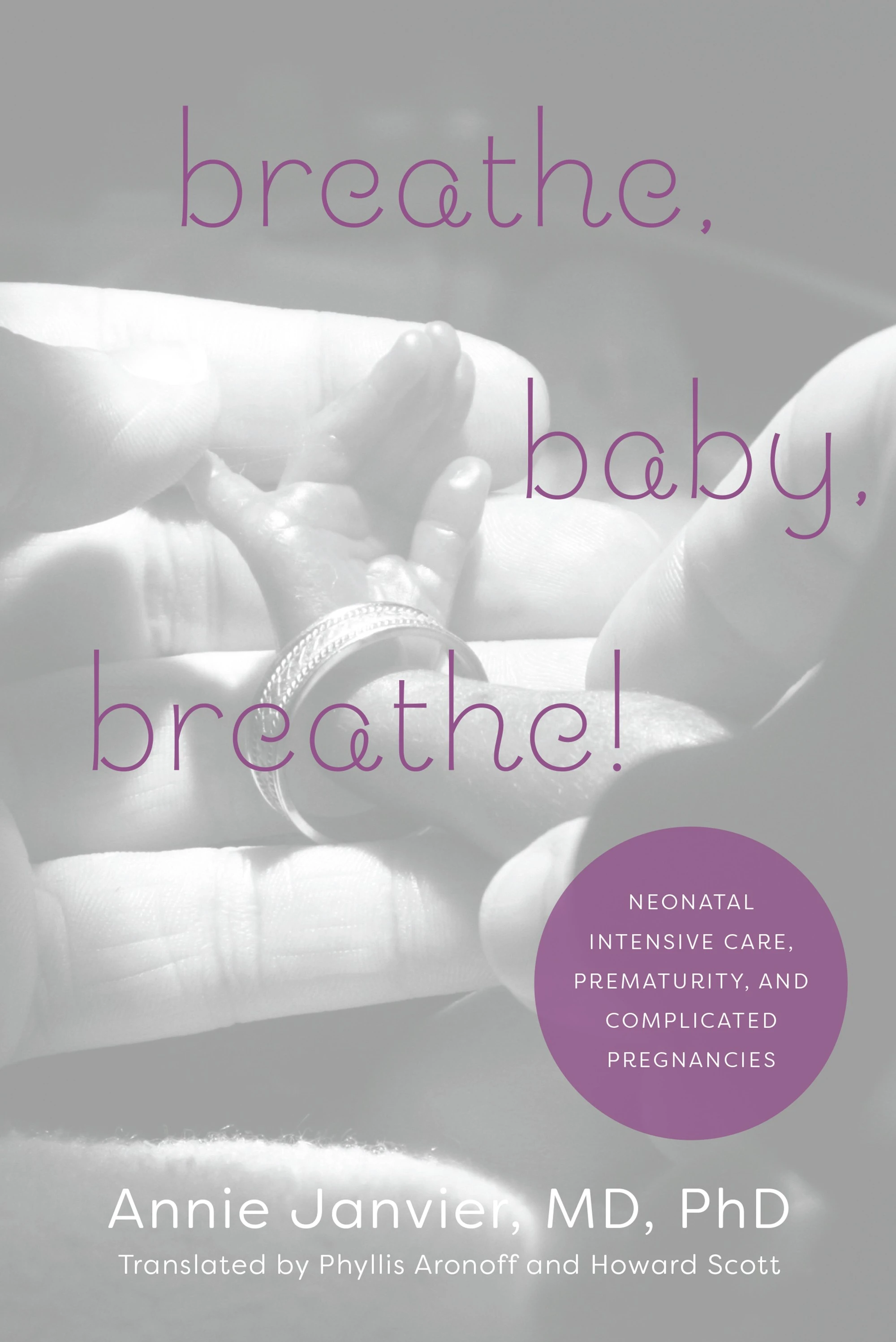The history of early intervention programs is rather mixed. Do they actually help to improve outcomes? The most recent cochrane review was published in 2007 by the amazingly productive Lex Doyle and his colleagues, and was followed by an updated review by the same authors in 2009 (Orton J, Spittle A, Doyle LEX, Anderson P, Boyd R: Do early intervention programmes improve cognitive and motor outcomes for preterm infants after discharge? A systematic review. Developmental Medicine & Child Neurology 2009, 51(11):851-859). There are quite a few studies, 18 in all, but several were quasi-randomised, and the quality of several was low. Many were very small studies, but there was one study with nearly 1,000 babies, and another with just over 300, these were both high quality studies with follow up to school age. The largest study, the US Infant Health and Development Program (IHDP), has reported outcomes to 18 years of age, that study included infants less than 2.5 kg and less than 37 weeks; they randomized them 2:1 to get control more frequently than the intervention, I am not sure why. About half of the babies were less than 2 kg. Overall from the meta-analyses it seems that early cognitive scores are improved by around 0.5 of a standard deviation, up to pre-school testing. Scores at school age are not improved. There was some benefit in the larger babies at 18 years in the IHDP study, but not in the smaller ones. One of the higher quality studies in the systematic review was by Karen Koldewijn and her colleagues. In 2009 they had only published the 6 month outcomes, but they have very recently added preschool results. (Verkerk G, Jeukens-Visser M, Houtzager B, Koldewijn K, van Wassenaer A, Nollet F, Kok J: The infant behavioral assessment and intervention program in very low birth weight infants; outcome on executive functioning, behaviour and cognition at preschool age. Early Human Development 2012, 88(8):699-705.) For this publication there was an extensive analysis of the infants, including tests of executive functioning, behavior, visual motor integration and cognition. There were 151 infants of the originally randomized 176 who were examined (2 had died). They also had a number of term controls, about 40. The overall analysis showed no effect of the intervention program at this age. They did perform subgroup analyses which suggested some benefit in more high risk infants (with BPD or less than 28 weeks, or when the mother was of a low SES), but as always you have to take such analyses with a pinch of salt. Why would this be? An effect on cognitive development that does not generally seem to translate into longer term cognitive outcomes? I think that we are seeing is that there is an overall improvement in cognitive scores as these children age, particularly before they start school, as we showed in the CAP 5 year follow up. Some of that is because of the use of different tests. In the CAP 5 year follow up we examined some variables that were associated with improving cognitive scores and the social and educational background of the parents was important. So it seems that having an enriched environment at home after discharge is very important, but when the home environment is already good, then adding an early intervention program doesn’t have much long term effect. For those children with a more limited home environment these types of programs may have a benefit. Such programs are fairly expensive, but I think the data are positive enough that infants from families of lower socioeconomic status do benefit from early intervention and should be targeted. Who will pay is a question for the health care system where you are.
-
Recent Posts
breathe, baby, breathe

-
Join 4,515 other subscribers
- Analgesia
- anemia
- antenatal steroids
- antibiotics
- anticonvulsants
- Apnea
- asphyxia
- Assisted ventilation
- BPD
- Breast-feeding
- breast milk
- caffeine
- CMV
- Congenital Heart Disease
- Convulsions
- CPAP
- CRP
- Delayed Cord Clamping
- diaphragmatic hernia
- EEG
- End-of-life decisions
- endotracheal intubation
- enteral feeding
- erythropoietin
- Ethics
- families
- Fluids
- Gastro-oesophageal reflux
- Global Neonatal Health
- Handicap
- Head Ultrasound
- Health Care Organization
- Heart Surgery
- Hemodynamics
- High-Flow cannula
- Hypoglycemia
- Hypotension
- Hypothermia
- hypoxic ischemic encephalopathy
- infection control
- intracranial hemorrhage
- IVH
- Lactoferrin
- long term outcomes
- lung compliance
- microbiome
- mortality
- MRI
- Necrotising Enterocolitis
- Nitric Oxide
- nutrition
- Obstetrics
- oxygen therapy
- oxygen toxicity
- pain
- PDA
- Platelets
- Prebiotics
- Preventing Prematurity
- Probiotics
- pulmonary physiology
- Randomized Controlled Trials
- Research Design
- respiratory support
- Resuscitation
- Retinopathy of Prematurity
- Sepsis
- statistics
- steroids
- surfactant treatment
- Survival
- Systematic Reviews
- transfusion
- trisomy
- twins
Respire, bébé, respire!

RSS Links
Canadian Premature Babies Foundation

Sainte Justine Hospital

Canadian Neonatal Network

Préma-Québec

Categories
Transport Néonatal

Archives
- April 2024
- March 2024
- February 2024
- January 2024
- December 2023
- November 2023
- October 2023
- May 2023
- April 2023
- February 2023
- January 2023
- December 2022
- November 2022
- October 2022
- September 2022
- August 2022
- July 2022
- June 2022
- May 2022
- April 2022
- March 2022
- January 2022
- October 2021
- September 2021
- August 2021
- May 2021
- April 2021
- January 2021
- December 2020
- October 2020
- September 2020
- August 2020
- July 2020
- May 2020
- April 2020
- March 2020
- February 2020
- January 2020
- December 2019
- November 2019
- October 2019
- September 2019
- June 2019
- May 2019
- April 2019
- March 2019
- February 2019
- December 2018
- November 2018
- October 2018
- June 2018
- May 2018
- April 2018
- February 2018
- January 2018
- December 2017
- November 2017
- October 2017
- September 2017
- August 2017
- July 2017
- June 2017
- May 2017
- April 2017
- March 2017
- February 2017
- January 2017
- December 2016
- November 2016
- October 2016
- September 2016
- August 2016
- June 2016
- May 2016
- April 2016
- March 2016
- February 2016
- January 2016
- December 2015
- November 2015
- October 2015
- September 2015
- August 2015
- June 2015
- May 2015
- April 2015
- March 2015
- February 2015
- January 2015
- December 2014
- November 2014
- October 2014
- September 2014
- August 2014
- June 2014
- May 2014
- April 2014
- March 2014
- February 2014
- January 2014
- December 2013
- November 2013
- October 2013
- September 2013
- August 2013
- July 2013
- June 2013
- May 2013
- April 2013
- March 2013
- February 2013
- January 2013
- December 2012
- November 2012
- October 2012
- September 2012
- August 2012
- July 2012
- June 2012
- May 2012
Meta

